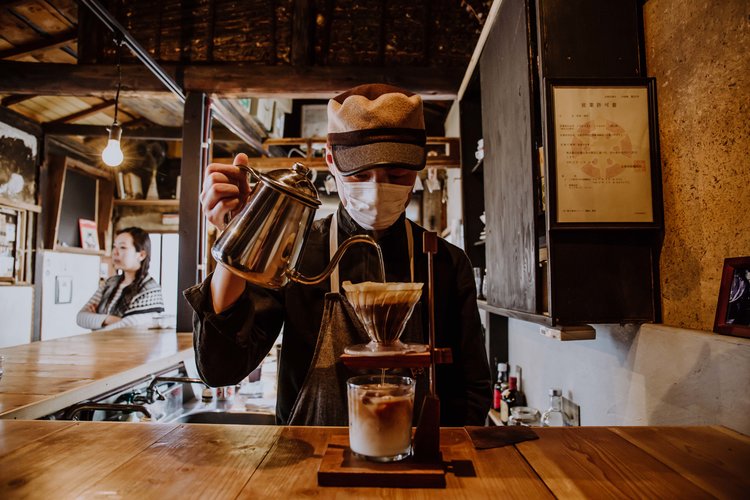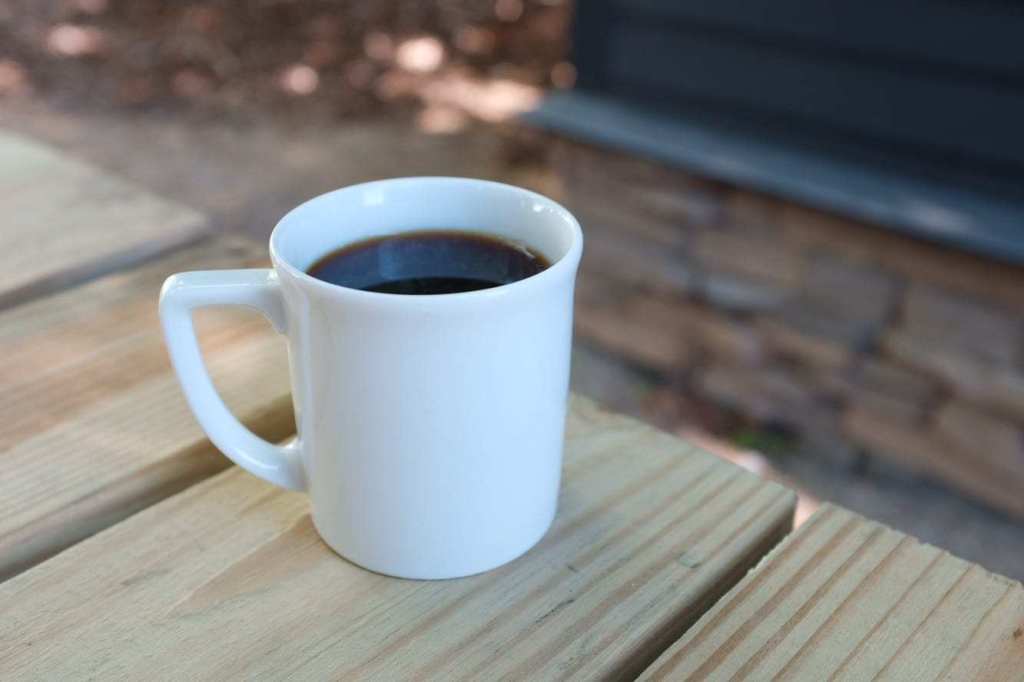What kind of coffee beans are suitable for adding milk? Why do you want milk in your coffee? Can I have milk in my coffee?
Professional coffee knowledge exchange more coffee bean information please follow the coffee workshop (Wechat official account cafe_style)
Although black coffee is healthy and easy to taste, many people still like to drink coffee with milk, and the silky, rich milk flavor and coffee flavor multiply each other to add richness to the taste.
But there are many kinds of coffee products, including coffee beans named after producing countries or regions, such as Yega Xuefei and Mantenin. There are coffee that can be distinguished by brewing utensils and methods, such as hand-brewed coffee, siphon pot coffee, Philharmonic coffee. For beginners who taste coffee for the first time, they are confused by a wide variety of items every minute, so people often ask the editor what kind of coffee / coffee beans are suitable for milk.

Good coffee / coffee beans are naturally as good as milk, but there are so many kinds of coffee beans, different coffee beans also have their own suitable cooking and drinking methods. Choose the right coffee / beans in order to avoid the imbalance or conflict between the taste of coffee and milk and to taste the satisfactory coffee.
What kind of coffee beans are suitable for adding milk?
Whether a cup of coffee contains milk or not, the biggest difference should be in the taste, that is, what we usually call Body. Body (mellowness) is the touch of coffee in the mouth. When drinking coffee, we will feel the "consistency" and "weight" behind the entrance of the coffee, including a light, watery, or thick taste. Coffee with milk can obviously feel the heavy feeling, coupled with the fat, or milk foam, the coffee with milk will be smoother and textured.
Analysis in terms of taste
There are many factors that affect the mellowness of coffee, including the flavor of the place of origin, the way of baking, etc., some coffee itself can make people feel "thick", while others make people feel silky and light, and some people like it, but if you want to drink with milk, usually with Body thick coffee, the rich coffee taste will not be covered by the same thick milk, the two match complement each other, more attractive.

In terms of flavor, coffee beans from South America and Asia are usually more balanced and thicker, such as Brazil, Colombia and Mantenin, which are also the most commonly used blended varieties when coffee chains use espresso as milk coffee.
At the same time, even the same coffee beans have different taste when the degree of roasting is different. Usually, the baking degree of medium and deep baking can show a thicker and stronger texture, and the sour taste is slightly weak. the flavor also mainly expresses the "coffee flavor" in the general impression of nuts, caramel, cream, chocolate and so on. Italian coffee machines mostly use coffee beans with medium and deep roasting degree.
In the past, we were often advised not to add milk to individual coffee, because milk would destroy the delicate flavor of the coffee itself, especially the sour quality. In order to show and retain the flavor characteristics of the country of origin, single coffee usually uses a shallow baking degree to retain more flower aroma and fruit acid, but the sour taste is difficult to blend with milk, so milk is not recommended for light-roasted coffee beans.

Analysis in terms of concentration
However, even if the taste of coffee beans is perfect with milk, some coffee is not suitable for milk because of the different concentration. Although the milk itself is strong and thick, but its water content is very high, not to mention coffee, the strongest espresso (Espresso) is more than 80% water. If it is some relatively light way of brewing, with milk, it will dilute the taste of coffee, and the taste will become thin and tasteless. Baristas advise guests not to add milk to American coffee and hand-brewed coffee, but also out of this concern.
Therefore, if you want to add milk to coffee, it is recommended to choose utensils with high brewing concentration and high pressure extraction, such as Italian coffee maker, mocha pot, Philharmonic pressure, etc., if they are atmospheric pressure extraction utensils such as hand brewing, siphon kettle, French pressure kettle, etc., you can only put a little less water and more powder, or simply add less milk. In short, if you want to balance the taste of coffee and the sweetness of milk, coffee must not be too thin and too light.

Finally, why do you add milk to your coffee?
Of course it's because it tastes good! In addition, for coffee as strong and exciting as Italian concentrate, adding milk can just adjust the concentration of coffee to make it suitable for drinking; most importantly, with milk, coffee can change into many different styles to satisfy more people.
The practice of adding milk to coffee began in the 16th century, and although we can no longer trace how it began, we cannot deny its delicious effect. Today, most consumers choose cappuccino, caffeine latte or other milk coffee when they come into contact with coffee for the first time, so for many people, milk coffee is the door to the world of boutique coffee.
Although fine coffee may not be suitable for adding milk, it does not mean that milk should be blacklisted. As long as you choose the right beans, choose the right cooking method, and add a little milk, you can play the magical effect of finishing touch.

In fact, every time it comes to adding milk, those who defend the fine coffee will inevitably frown for it. Although for so long, milk, sugar and coffee have been regarded as an unshakable golden combination, if we want to add some soy milk or milk to our coffee, or reach out to scoop up a few spoonfuls of sugar, we can't help being criticized and criticized around us. Under such circumstances, should milk be added or not? The editor's advice is, do not care what others think, drink as much as you like, add what you want, and it is most important to be happy.
END
Important Notice :
前街咖啡 FrontStreet Coffee has moved to new addredd:
FrontStreet Coffee Address: 315,Donghua East Road,GuangZhou
Tel:020 38364473
- Prev

How to mix espresso with beans, the soluble substances of artistic coffee.
Professional coffee knowledge exchange more coffee bean information Please follow the coffee workshop (Wechat official account cafe_style) for the blending of espresso, or all coffee, has become a completely experience-based job, there is no reason at all. That's why you can hardly find anything about blending in almost all books about coffee. When
- Next

Five misunderstandings of decaf. Decaf tastes bad. Baristas don't drink decaf.
Professional coffee knowledge exchange more coffee bean information Please pay attention to the coffee workshop (Wechat official account cafe_style) the demand for decaf coffee has been small, because the audience is very small, we are relatively strange to decaf coffee. After all, most people drink coffee just to refresh themselves by consuming caffeine. Even those who drink coffee not for refreshing purposes but for tasting purposes will also drink coffee because of the lack of coffee in it.
Related
- Beginners will see the "Coffee pull flower" guide!
- What is the difference between ice blog purified milk and ordinary milk coffee?
- Why is the Philippines the largest producer of crops in Liberia?
- For coffee extraction, should the fine powder be retained?
- How does extracted espresso fill pressed powder? How much strength does it take to press the powder?
- How to make jasmine cold extract coffee? Is the jasmine + latte good?
- Will this little toy really make the coffee taste better? How does Lily Drip affect coffee extraction?
- Will the action of slapping the filter cup also affect coffee extraction?
- What's the difference between powder-to-water ratio and powder-to-liquid ratio?
- What is the Ethiopian local species? What does it have to do with Heirloom native species?

